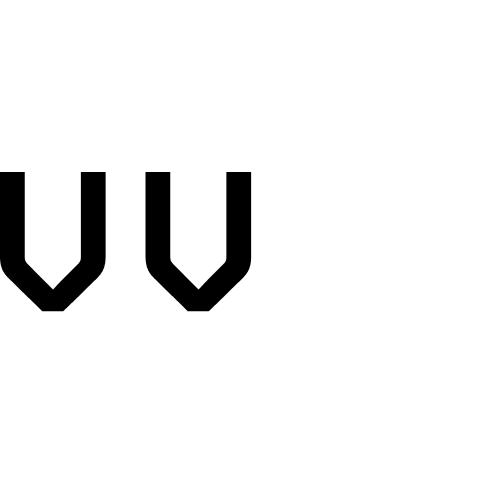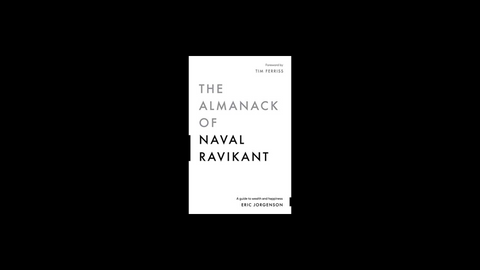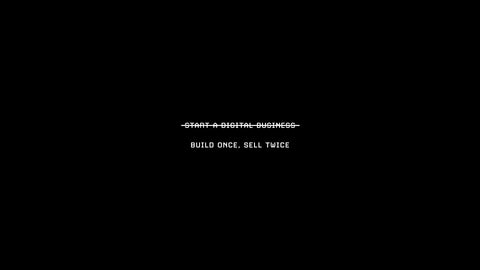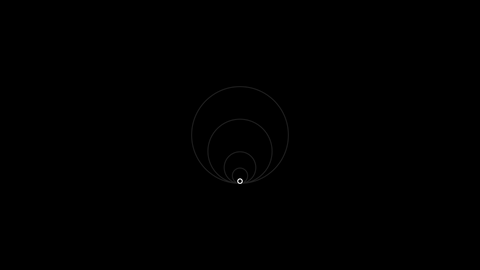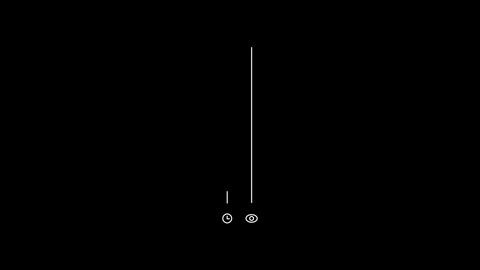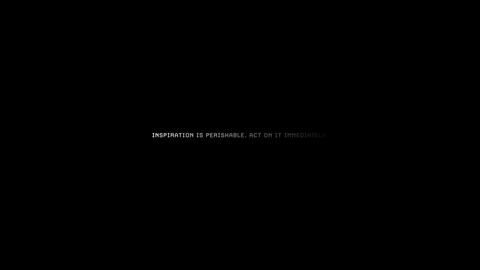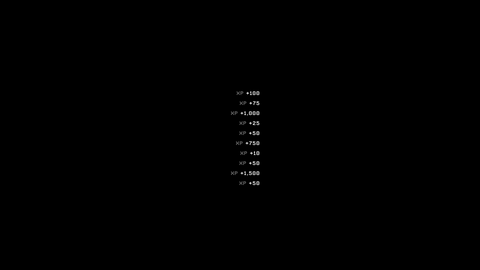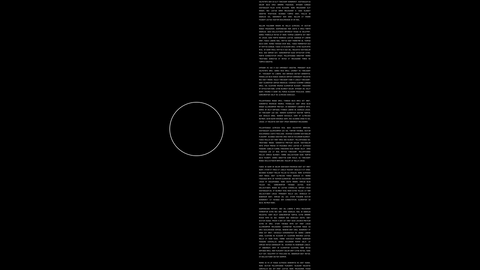I read Naval's infamous How to Get Rich (without getting lucky) thread in 2019.
I spent the following years trying to install each one of the principles in my life and business. This pursuit culminated in the opportunity to illustrate the now bestselling Almanack of Naval Ravikant in early 2021.
Below, I'll break down a couple of my favorite illustrations in the context of the evolution of Visualize Value:
"Earn with your mind, not your time."

I'd been working in the time-for-money paradigm of marketing and advertising for almost a decade. A model that incentivizes time spent over result generated. You sell a project, and hope that you can deliver it for less than you charged the client. A never-ending hamster wheel.
Since then, I've been gradually divorcing my time and income by building a platform on the internet. From digital design resources, to digital art.
All of the above is amplified by the ability to reach people via permissionless media platforms like YouTube, Twitter and Instagram.
“Become the best in the world at what you do, keep redefining what you do until this is true.”

This is perhaps the most difficult idea to get your head around. It was for me. It sounds very nice but we assume that title is reserved for a chosen few. That's why the answer lies in redefinition. To serve everyone is to serve no one.
To position myself as a graphic designer would be to compete with tens of millions of people. Visualize Value is in a category of one (after thousands of hours of iteration, experiments, and failure).
“Optimistic contrarians are the rarest breed.”

One of the largest distractions when building an internet native business, is the internet itself. To remain positive in the face of aggregated trends of doom and click-desperate headlines is one thing.
To be able to think clearly and differently enough to build net-new things in this environment requires another skillset and level of focus entirely.
“Impatience with actions, patience with results."

The tension in discovering great ideas like these: you have all this knowledge that there's a better way to do it, but now you have to wait for reality to catch up, now the variable is not what you know, it's what you do.
It takes time to convince people even if you execute perfectly (which is impossible when you're doing something entirely new). So you focus on the things you can control, experiments you run, conversations you have with customers, and the work you ship.
“Inspiration is perishable, act on it immediately.”

Every morning I go on a walk with my family. Today I got on a roll writing this piece. I often use "I'll do it when I get back." but have since realized that I either won't do it, or it won't be very good. So here I am writing it.
Being able to act when inspiration strikes is crucial to capturing the only real resource that moves the needle over time in a media-first business. Not hours spent, but quality work shipped.
“Solve via iteration. Then get paid via repetition.”

This is perhaps the flagship idea in the collection. The knot that ties everything together.
At the crux of this idea is understanding the leverage created by the internet.
Broadly, the use of code and media — once you've figured something out that you can either write a program to perform, or record a piece of media to explain, you don't have to show up physically any more — they're available to anyone on the internet, anywhere, at any time.
You can get a free copy of the Almanack of Naval Ravikant here.
I'll end with a massive thank you to Naval for expressing these ideas so clearly, and Eric for including my work in the book.
